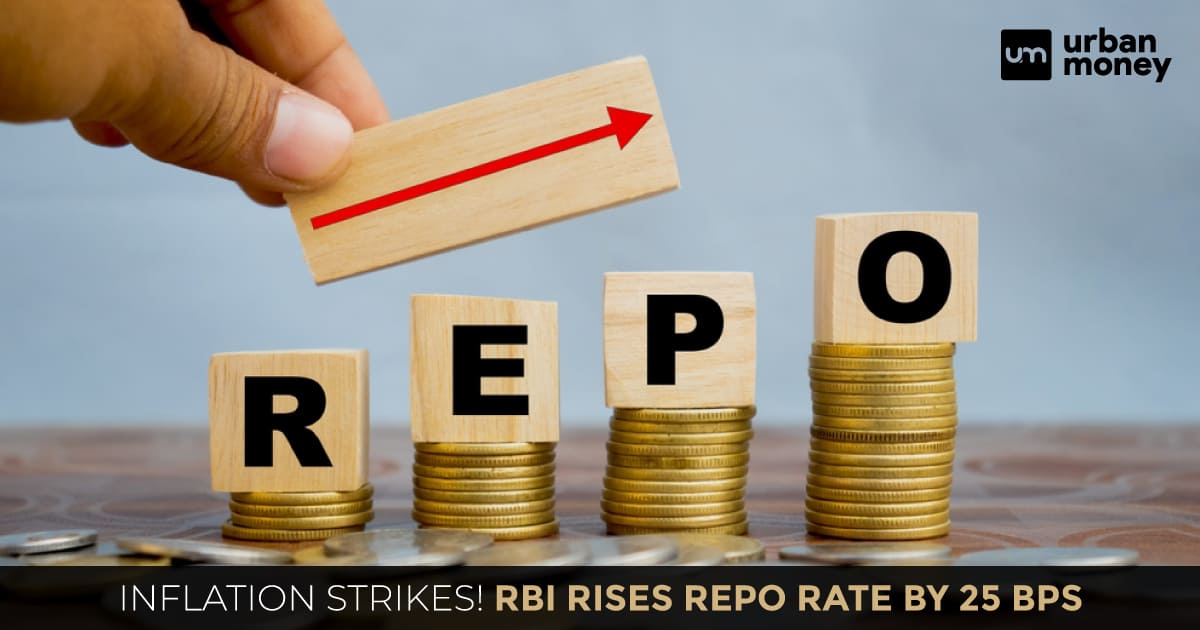Top 10 Best Private Banks in India List 2025
January 09, 2025
Personal Loan Archive | Credit Appraisal: Unraveling the Economic Enigma!

July 13, 2023


Have you ever found yourself lost in the labyrinth of financial terms and credit jargon, with ‘credit appraisal’ adding to your baffling list? Well, consider this your lifeboat in the tempestuous ocean of banking terminologies.
What is credit appraisal, you ask? It’s nothing short of an economic detective story where the protagonist, the lender, embarks on an analytical journey to understand the creditworthiness of the enigmatic character, the borrower. The clues are scattered across financial records, market reputation, and repayment capacity. Sounds exciting, doesn’t it?
But here’s the catch. Like any detective tale, the credit appraisal process is shrouded in mystery. It involves intricate steps that could seem daunting to the uninitiated. Yet, making informed decisions about granting credit and maintaining a healthy and resilient credit ecosystem is crucial.
Dive deep into the crux of the credit appraisal system with us, a blend of art and science, with its roots intertwined with risk evaluation, financial analysis, and personal judgement. You’ll witness the compelling narrative behind every loan application and credit transaction. We aim to demystify the credit appraisal universe and, in this process, empower you to navigate it confidently.
So, buckle up for a roller-coaster ride through the exhilarating world of credit appraisals, where we’ll decode the secrets, techniques, and intricate nuances. Let’s begin this journey towards demystifying the enigma that is credit appraisal!
Table of Contents
ToggleCredit appraisal is a critical procedure that lenders utilise to evaluate the creditworthiness of an individual borrower. This process includes assessing the borrower’s ability and willingness to repay the loan. Here’s how it works:
Through the credit appraisal process, lenders use the credit appraisal system to assess risk levels and decide whether to approve or decline a loan application. Understanding credit appraisal and how it works can help individuals maintain a strong financial profile, thus improving their chances of securing loans.
A credit score, an integral part of the credit appraisal process, is a numerical representation of an individual’s creditworthiness, gauged based on past credit behaviour. Credit scores typically range between 300 to 900, with a higher score indicating a lower risk to lenders.
In India, this score is provided by credit bureaus such as CIBIL, Equifax, Experian, and CRIF High Mark and plays a crucial role in the credit appraisal system. Lenders use this score to assess the potential risk posed by lending money to consumers and to mitigate losses due to bad debt.
The credit appraisal process, also known as credit evaluation, involves assessing the applicant’s ability to repay the loan, the purpose of the loan, and the security provided for the loan. In this process, lenders look at the borrower’s credit history, including repayment habits, number of open accounts, and overall credit balances.
Understanding credit appraisal and your credit score’s significant role within this system is vital, as a good credit score can help secure loans with more favourable terms. Consequently, maintaining responsible credit behaviour is of utmost importance.
Credit appraisal is a thorough assessment conducted by financial institutions to gauge an individual’s creditworthiness. Here are the key elements considered in the credit appraisal process:
Understanding credit appraisal and its crucial components can help you enhance your creditworthiness and loan eligibility in India. Maintaining a good credit score, regulating debts, and maintaining a consistent income level for a favourable credit appraisal is advisable.
Credit appraisal is a cornerstone in the world of finance. But what is credit appraisal? In layman’s terms, it’s an evaluation made by financial institutions to determine the creditworthiness of potential borrowers. It’s akin to a detective’s work, investigating various aspects like repayment capacity, credit history, income stability, and so on to draw a clear picture of a borrower’s financial behaviour.
The credit appraisal process boasts several benefits. First, it offers a systematic risk assessment. Banks and other lending institutions in India can significantly mitigate their risk by accurately assessing the borrower’s ability to repay the loan, thereby reducing the chance of defaults.
Secondly, the credit appraisal system promotes financial responsibility among borrowers. A good credit score unlocks better loan terms, nudging individuals towards prudent fiscal habits.
Finally, it ensures a healthy credit environment. A thorough credit appraisal process allows for more reliable credit distribution, leading to fewer non-performing assets (NPAs), thus contributing to the overall stability and health of the Indian financial system.
In essence, credit appraisal is the backbone of responsible lending and borrowing, creating a win-win situation for both lenders and borrowers in India.
Every financial institution in India follows a systematic approach known as the credit appraisal process when deciding to extend credit facilities. But what is credit appraisal? It is a method to assess an applicant’s creditworthiness or bankability by evaluating their financial status and repayment ability.
Here’s a quick guide on the documents needed for the credit appraisal process, acting as proofs to establish your bankability:
Remember, the more meticulous you are while submitting your documents for the credit appraisal, the smoother the process will be and the higher your chances of loan approval.
Credit Appraisal is a comprehensive evaluation process that financial institutions and lenders in India perform to assess a loan applicant's creditworthiness. It considers repayment capacity, credit history, income, age, employment status, and collateral value.
The Credit Appraisal process begins with an application from a potential borrower. The collection and verification of required documents follow this. After document verification, the financial institution evaluates the applicant's credit history, repayment ability, and collateral value to make a final lending decision.
The documents required can vary depending on the nature of the loan but typically include income proofs like salary slips or business income documents, tax returns, bank statements, identification proof, address proof, and property documents in case of secured loans.
Credit Appraisal allows lenders to assess the risk of lending to a particular applicant. It provides them with insights into the applicant's ability to repay the loan in a timely manner, thus reducing the potential risk of loan default.
Factors such as low credit scores, inconsistent income, high existing debt, lack of stable employment, discrepancies in submitted documents, or low-value collateral can negatively impact the Credit Appraisal process. They may result in the loan application being denied.
Interest rates are determined mainly by the perceived risk associated with a loan. A positive Credit Appraisal could lead to lower interest rates, suggesting a lower risk to the lender. Conversely, the interest rate may be higher if the appraisal identifies a higher risk.
You can improve your chances by maintaining a good credit score, ensuring a steady income, reducing debt, and promptly providing all necessary documents. It also helps to keep a stable employment record.
The RBI sets the guidelines and regulations that financial institutions must follow during the Credit Appraisal process. This includes adherence to the prudential norms for income recognition, asset classification, provisioning, and other necessary factors.
While there is no formal appeal process, applicants can address the issues that led to rejection - like improving credit scores, clearing existing debts, or correcting documentation errors - and reapply. The decision for each application is made independently based on the presented data.
The duration of the Credit Appraisal process can vary depending on the complexity of the loan, the applicant's financial profile, and the lender's internal processes. It usually takes anywhere from a few days to a couple of weeks. What is Credit Appraisal in India?
How does a Credit Appraisal process work?
What documents are typically required for a Credit Appraisal in India?
Why is Credit Appraisal important for lenders?
What factors can negatively impact the Credit Appraisal process?
How does Credit Appraisal impact interest rates on my loan?
Can I improve my chances for a positive Credit Appraisal?
What role does the Reserve Bank of India (RBI) play in the Credit Appraisal process?
Can a rejected Credit Appraisal decision be appealed?
How long does a Credit Appraisal typically take in India?










© 2025 www.urbanmoney.com. All rights reserved.

Need Loan Assistance?

















